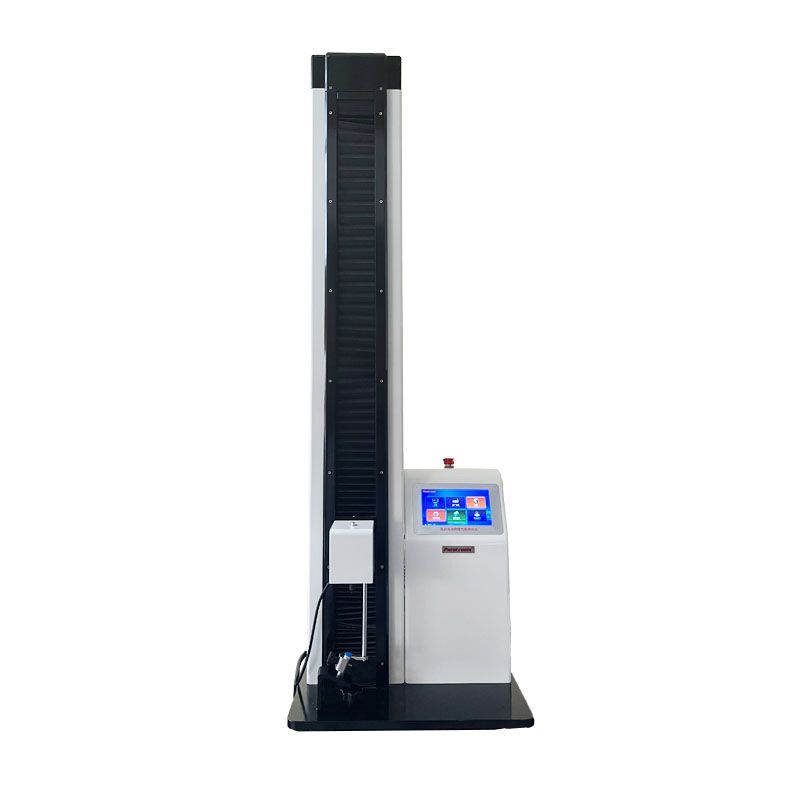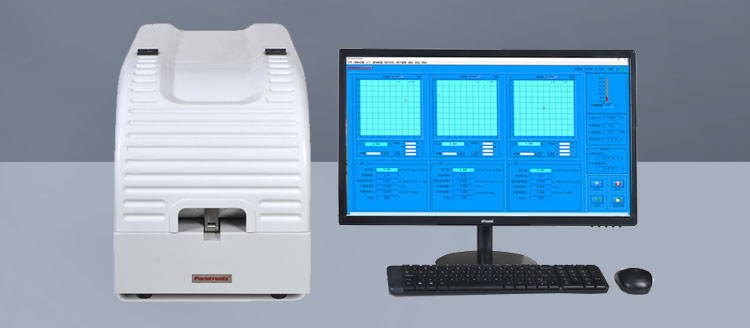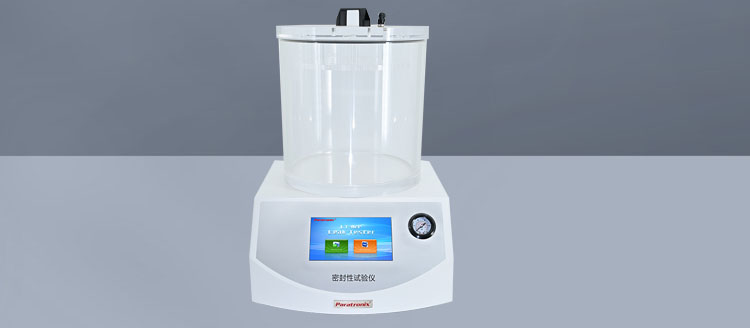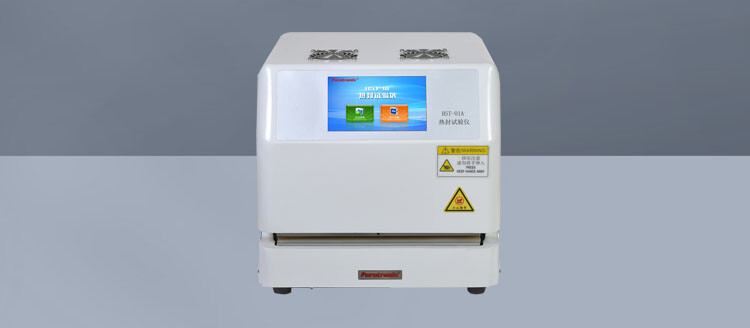Recent Posts
![Oxygen barrier performance test of medical plastic ampoule bottles Oxygen barrier performance test of medical plastic ampoule bottles]() Oxygen barrier performance test of medical plastic ampoule bottles2026-02-09
Oxygen barrier performance test of medical plastic ampoule bottles2026-02-09![ASTM F543-17 Standard Specification and Test Methods for Metallic Medical Bone Screws ASTM F543-17 Standard Specification and Test Methods for Metallic Medical Bone Screws]() ASTM F543-17 Standard Specification and Test Methods for Metallic Medical Bone Screws2026-01-22
ASTM F543-17 Standard Specification and Test Methods for Metallic Medical Bone Screws2026-01-22![Test method for peel strength of medical infusion patches Test method for peel strength of medical infusion patches]() Test method for peel strength of medical infusion patches2026-01-20
Test method for peel strength of medical infusion patches2026-01-20![Sealing testing scheme for eye drops Sealing testing scheme for eye drops]() Sealing testing scheme for eye drops2026-01-14
Sealing testing scheme for eye drops2026-01-14![ASTM F2029-08: Standard Practices for Making Heatseals for Determination of Heatsealability of Flexible Webs as Measured by Seal Strength ASTM F2029-08: Standard Practices for Making Heatseals for Determination of Heatsealability of Flexible Webs as Measured by Seal Strength]() ASTM F2029-08: Standard Practices for Making Heatseals for Determination of Heatsealability of Flexible Webs as Measured by Seal Strength2026-01-06
ASTM F2029-08: Standard Practices for Making Heatseals for Determination of Heatsealability of Flexible Webs as Measured by Seal Strength2026-01-06
Introduction
ASTM D882 is a widely recognized standard developed by ASTM International for determining the tensile properties of
thin plastic sheeting and films (thickness ≤ 1 mm). This test method is essential for evaluating material performance
in applications such as packaging, medical films, and agricultural covers.
Testing instrument:PMT-05 Medical packaging physical performance tester

Scope and Significance
The standard measures key tensile properties, including:
Tensile Strength – Maximum stress a material withstands before breaking.
Elongation at Break – The extent to which a material stretches before failure.
Modulus of Elasticity – Material stiffness under tension.
These properties help manufacturers ensure product durability, flexibility, and suitability for specific uses.
Test Procedure
Sample Preparation – Specimens are cut into specific shapes (e.g., dumbbell or straight strips).
Conditioning – Samples are conditioned at standard temperature and humidity (e.g., 23°C ± 2°C, 50% ± 5% RH).
Testing – A universal testing machine grips the specimen and applies tension at a controlled speed (e.g., 5–500 mm/min)
until failure.
Data Analysis – Stress-strain curves are generated to determine tensile strength, elongation, and modulus.
Applications
ASTM D882 is used in industries such as:
Packaging – Ensures films withstand handling and loads.
Medical Films – Verifies strength and elongation for safety.
Agriculture – Assesses durability of mulch films.
Conclusion
ASTM D882 provides a reliable method for evaluating the tensile performance of plastic films, aiding in quality control
and material selection. Compliance ensures products meet industry standards for strength and flexibility.
Leave A Reply
Search by Keywords





